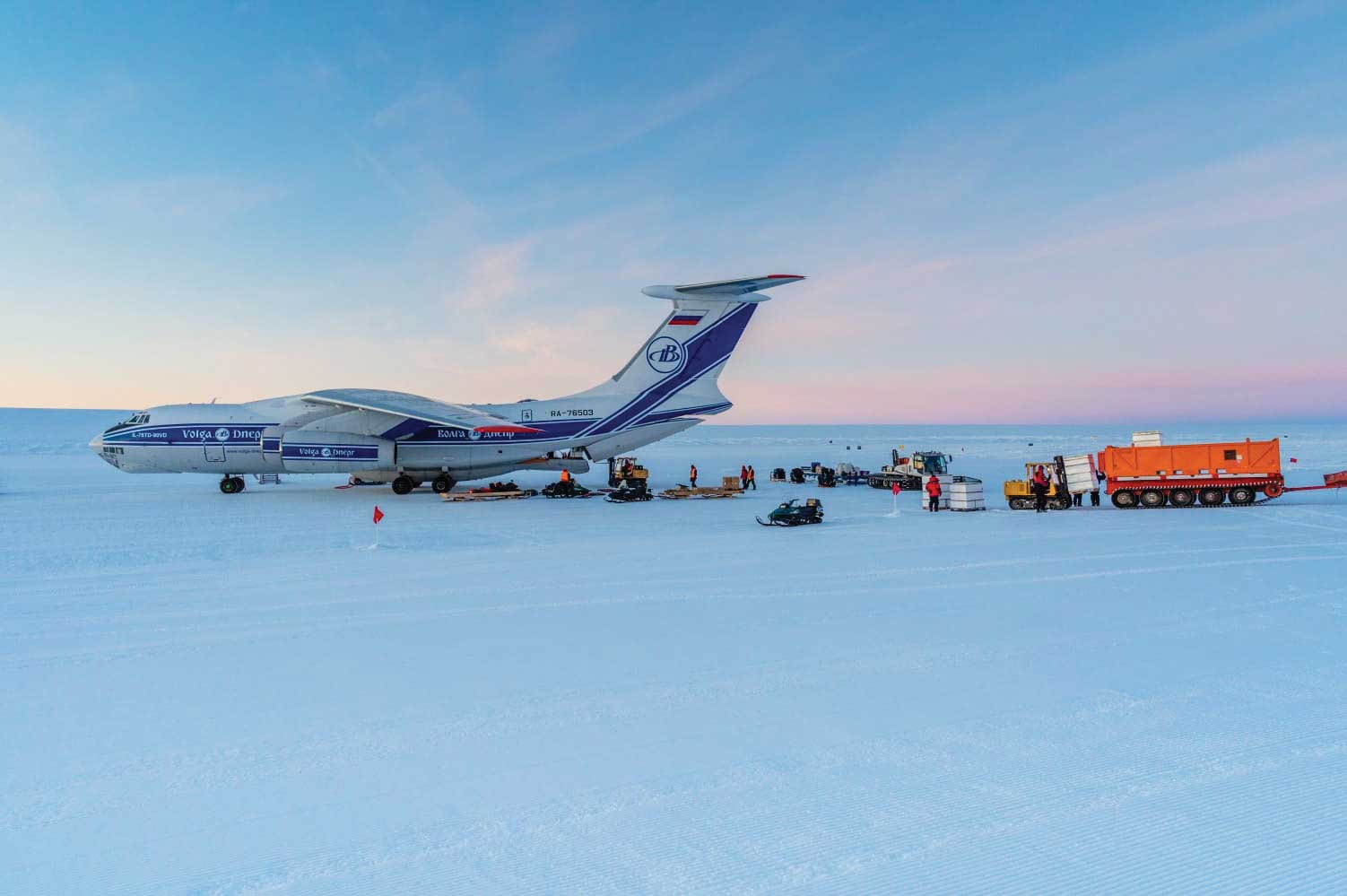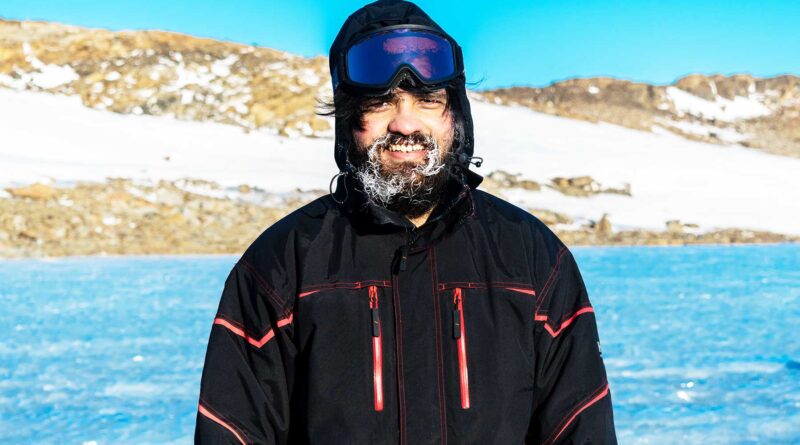Thanekar in Antarctica!
In our school days, we all may have studied the continent of Antarctica in our Geography class. At that time, many of us would have been fascinated to know that the major parts of the continent are covered with thick sheets of ice and that living there is not as easy as one would imagine. Antarctica is the coldest, windiest, harshest continent, and with little precipitation (roughly 2 inches per year) is the driest place on earth. While you may think of touring this part of the earth for a few days, working there for longer periods seems next to impossible. However, one Thanekar defied all odds and became the first from the city to serve India’s research centre, “Maitri”, based out of Antarctica. He is none other than Dr. Ankush Deshmukh.
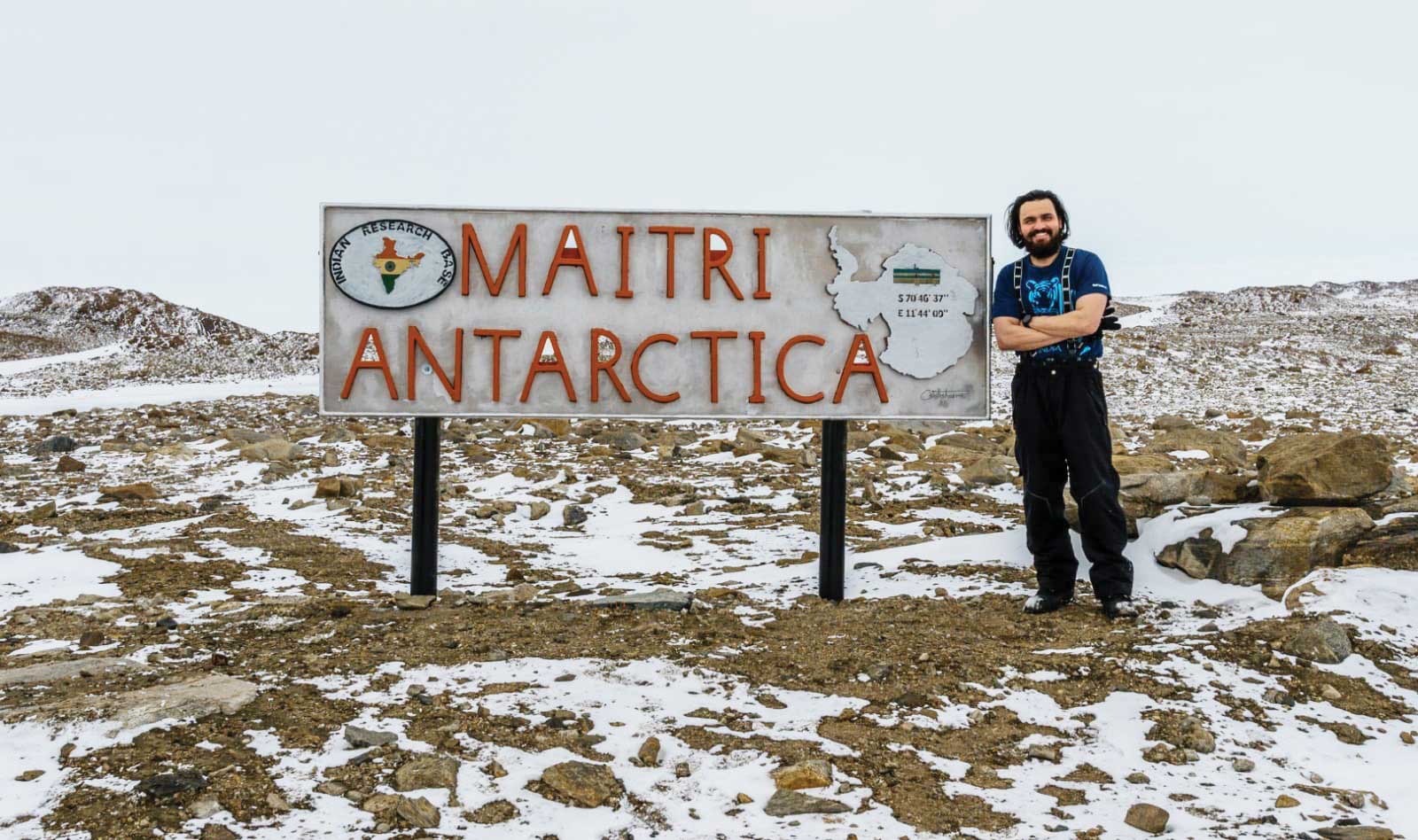
Since 1983, the research centre has been doing geological studies along with IMD (Indian Meteorological Department). Among 250 odd doctors across India, Dr. Ankush made the cut to become the first emergency medicine post-graduate to serve the Indian expedition. He is currently attached to the Jupiter Hospital in Thane.
Dr. Ankush says, “The selection process is extremely challenging. The candidates are tested on both physical and mental aspects. For this, the candidates have to undergo severe training in Uttarakhand. I have always loved taking up challenges, and when I learned about such an assignment in Antarctica in 2016, I started my preparations immediately. Finally, in 2021, I made it.”
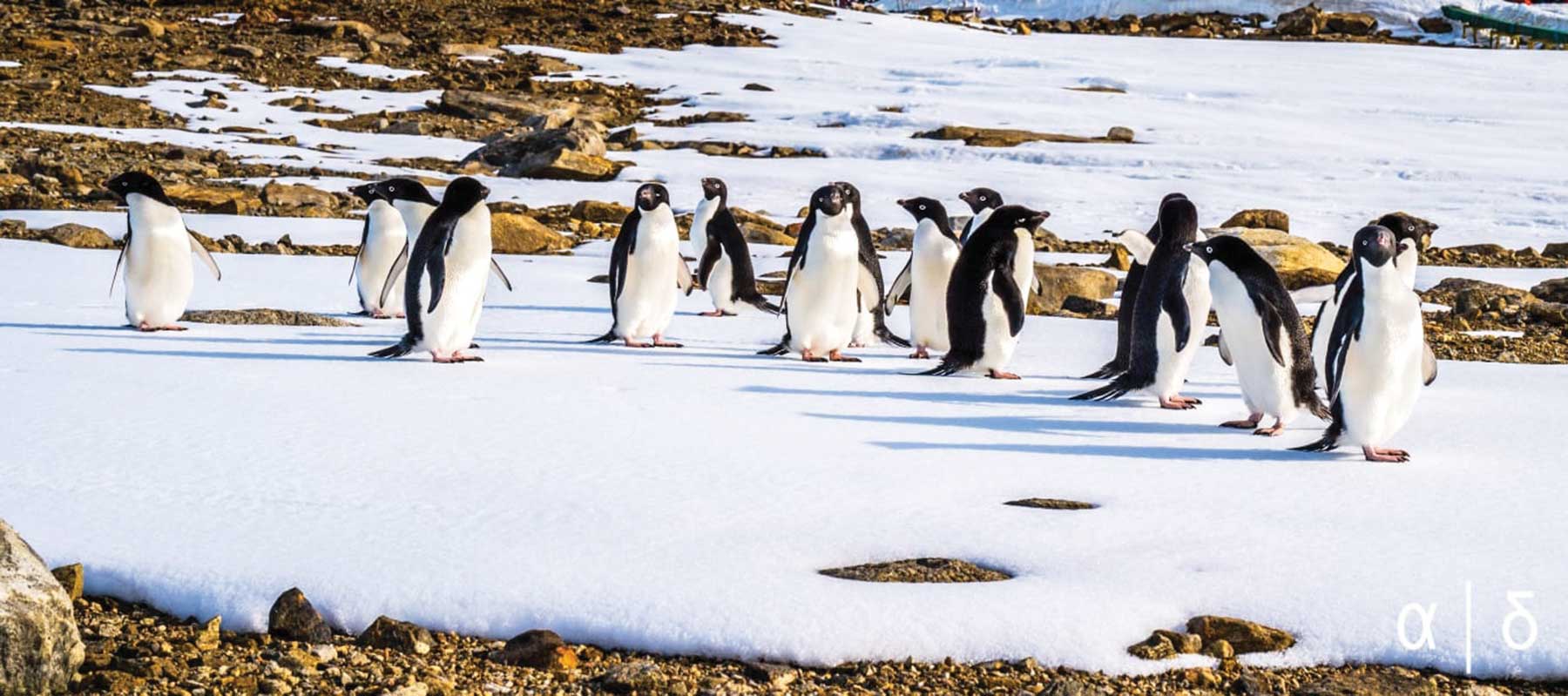
He adds, “Getting selected is just the first step. Once you are there in Antarctica, your real challenge begins. The expedition is very difficult as the doctors must stay with the research team for almost 12-14 months, with temperatures ranging between -2 and -50 degrees Celsius. Apart from the chilly temperatures, the place is windy. Sometimes you feel like you are on a train when you sleep.”
Dr. Ankush shares, “Initially, it was extremely difficult to acclimatise, but gradually I developed the willpower to sail through. My job was to regularly check the health and fitness of all 24 people on this mission.” This was the 41st expedition; before that, some of them had a few fatalities.
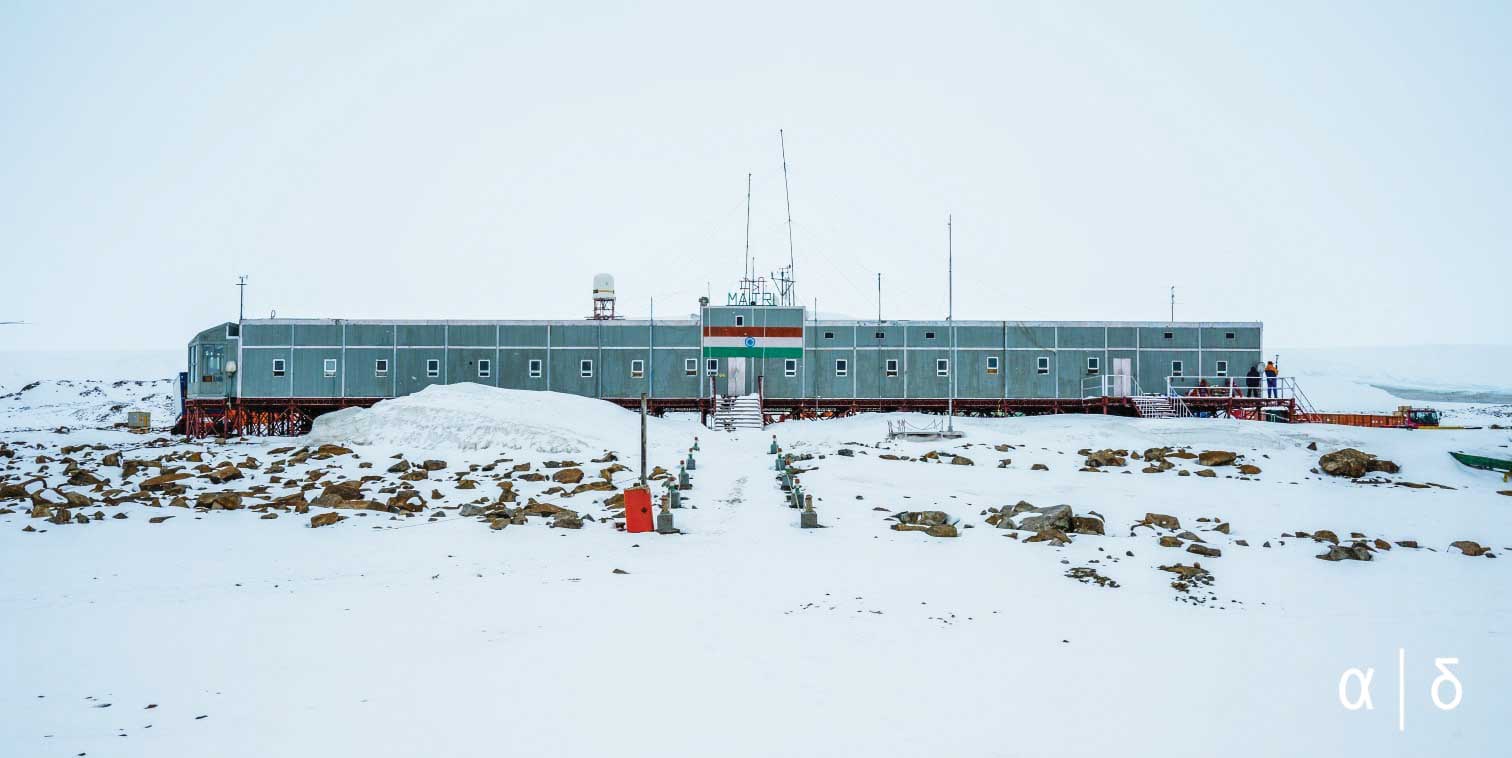
During his stint there, Dr. Ankush recalls, “One of the persons was in severe pain as a foreign body entered his eye. He was doing the welding job. I attended to him and, with my knowledge of emergency medicine, could remove the foreign body from his eye. With limited resources, I managed to heal the person. I gave local anaesthesia and used the Covid swab kit to the best avail to gently remove the foreign body.”
Dr. Ankush was ready to stay in a place with extreme weather conditions. Unlike India, there are hardly any people there in Antarctica. It is pretty isolated. Besides, there was hardly any phone connectivity. Every week, he somehow managed to talk to his family through a satellite phone for not more than 15 minutes. However, he was determined to test himself and contribute to the country. It would not have been easy for Dr. Ankush without the support of the Indian Government, which made five-star arrangements and ensured that the food and medical supplies were always available on time.
While the working hours were quite busy there, Dr. Ankush managed to take time to read books. He avers, “I read about 57 books, including Bhagwad Gita, in the research centre’s library. I feel that was the best place to meditate.”
